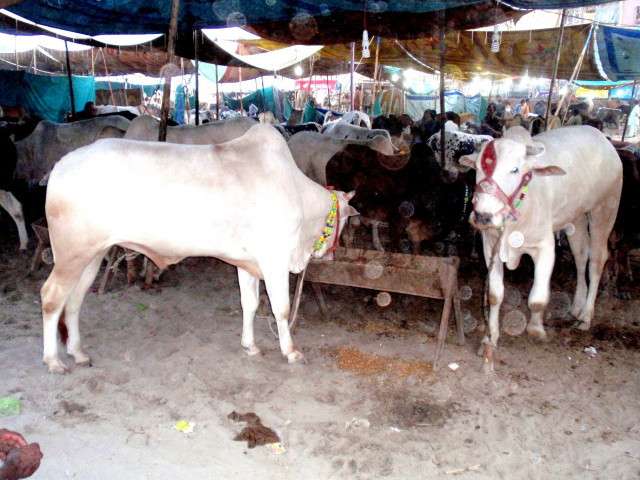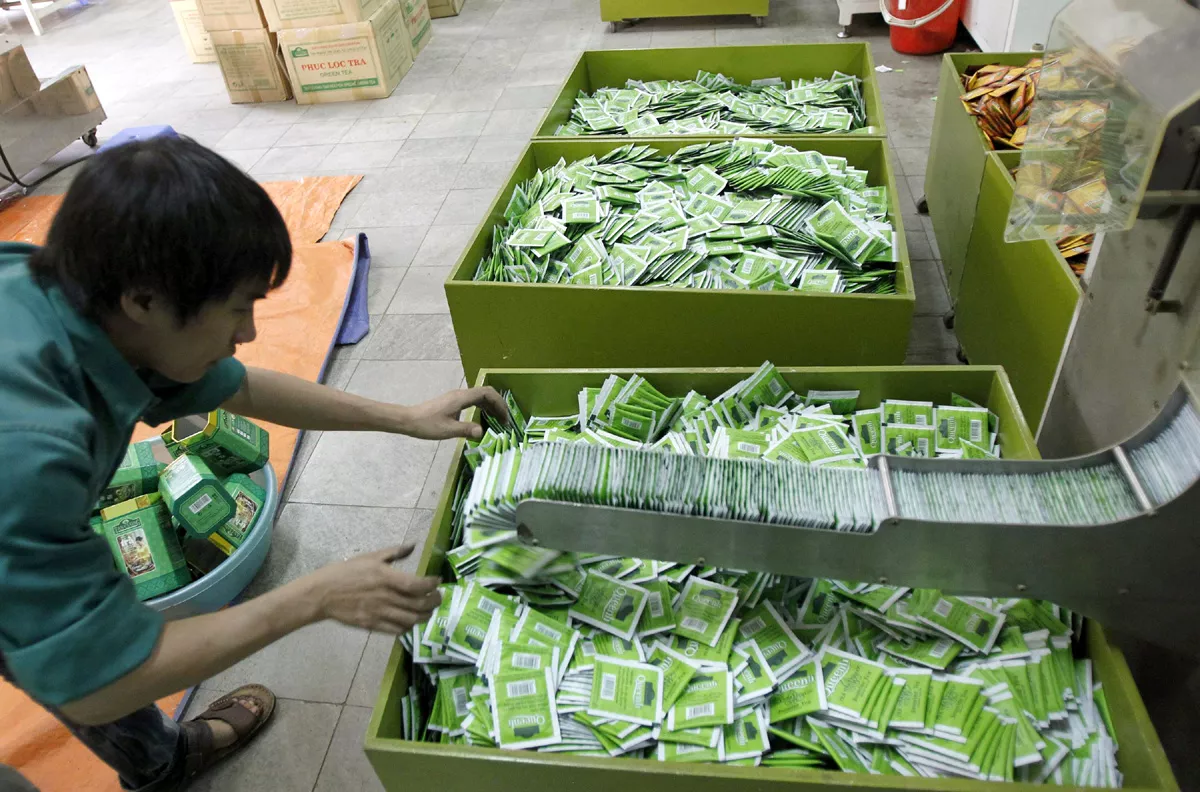US shows interest in cattle genetics
Both sides to deepen agri-cooperation; Pakistan seeks greater market access

The United States Department of Agriculture (USDA) has expressed interest in collaborating with Pakistan on genetic improvement programmes for dairy and beef cattle to enhance productivity and export competitiveness.
The development came during a high-level meeting between Federal Minister for National Food Security and Research Rana Tanveer Hussain and Acting US Ambassador to Pakistan Natalie A Baker. The meeting focused on strengthening bilateral cooperation in agriculture and increasing agricultural trade between the two countries.
According to an official statement issued on Wednesday, Hussain welcomed the US delegation and appreciated the long-standing partnership between Pakistan and the United States in agriculture, food security, and research. He noted that the US has been a key partner in Pakistan's agricultural development through joint projects, technical collaboration, and research linkages aimed at improving resilience, sustainability, and productivity.
Both sides reviewed major initiatives under Pak-US agricultural cooperation. The minister acknowledged the contribution of the Agricultural Linkages Programme (ALP), which has funded multiple batches of competitive agricultural research projects since 2000, strengthening Pakistan's research capacity and laboratories.
He also highlighted the Wheat Productivity Enhancement Project (WPEP) – a collaboration between USDA, International Maize and Wheat Improvement Center (CIMMYT), and Pakistani scientists – that developed 36 improved wheat varieties, raised yields by up to 20%, and improved resistance to rust diseases. Similarly, the $30 million US Agency for International Development USAID-funded Agricultural Innovation Project (AIP) introduced improved seed varieties, modern farm machinery, and value-chain development in crops, dairy, and horticulture, the statement said.
Hussain appreciated US support for Pakistan's agricultural education and research institutions, including the Centre for Advanced Studies in Agriculture and Food Security at the University of Agriculture Faisalabad and the endowment at the University of Agriculture Peshawar for research and scholarships. He said these initiatives have strengthened academic and scientific linkages between Pakistani and American universities.
The minister highlighted the strong growth of Pakistan's dairy and livestock sectors, noting that Pakistan is among the largest importers of Holstein cows from the US. Despite a livestock population exceeding 250 million, the meat sector still offers significant room for expansion.
He shared details of the government's initiatives to improve animal health and productivity, including establishing a Foot and Mouth Disease (FMD)-free zone in Bahawalpur and introducing a traceability system aligned with international standards. The USDA delegation expressed interest in working with Pakistan on cattle genetics to enhance yields and support export growth.
Both sides agreed to expand cooperation in new areas of mutual interest, including joint research on hybrid and disease-resistant crop varieties, local vaccine production, livestock breed improvement, and agricultural mechanisation. They also discussed promoting precision agriculture and digital farming technologies to boost efficiency and sustainability.
The minister emphasised Pakistan's focus on expanding agricultural exports, particularly mangoes and horticultural products, to the US through improved certification, compliance, and export protocols.
Hussain reaffirmed Pakistan's commitment to developing a resilient, sustainable, and technology-driven agricultural sector through continued collaboration with the United States. He thanked the US government for its long-standing support and said the partnership would continue to open new avenues for agricultural innovation, investment, and trade between the two countries, the statement concluded.






















COMMENTS
Comments are moderated and generally will be posted if they are on-topic and not abusive.
For more information, please see our Comments FAQ